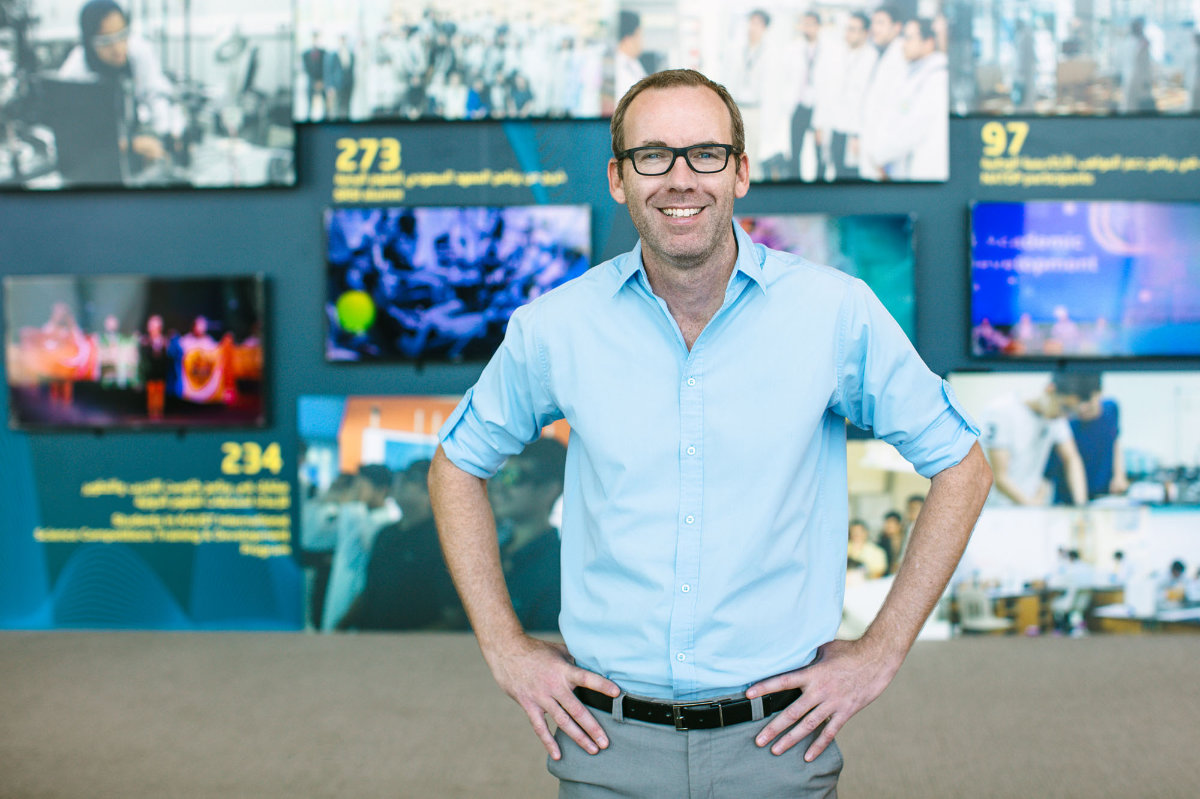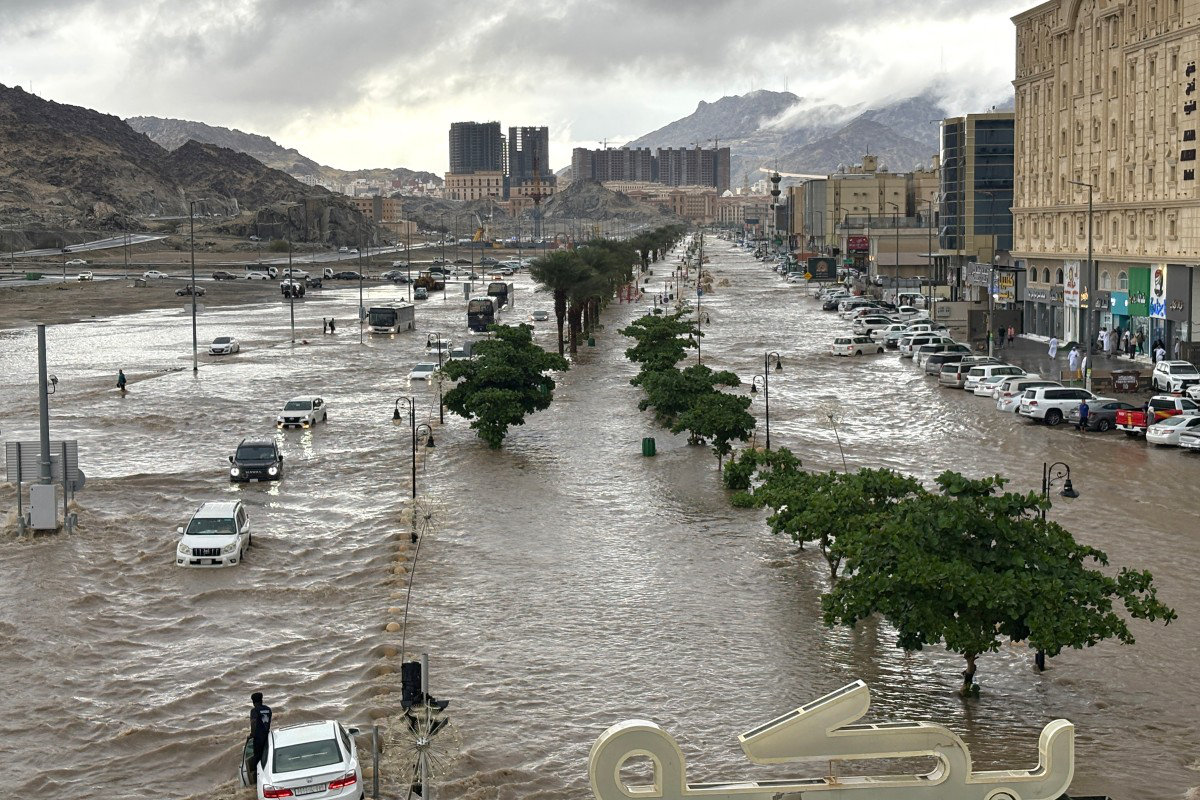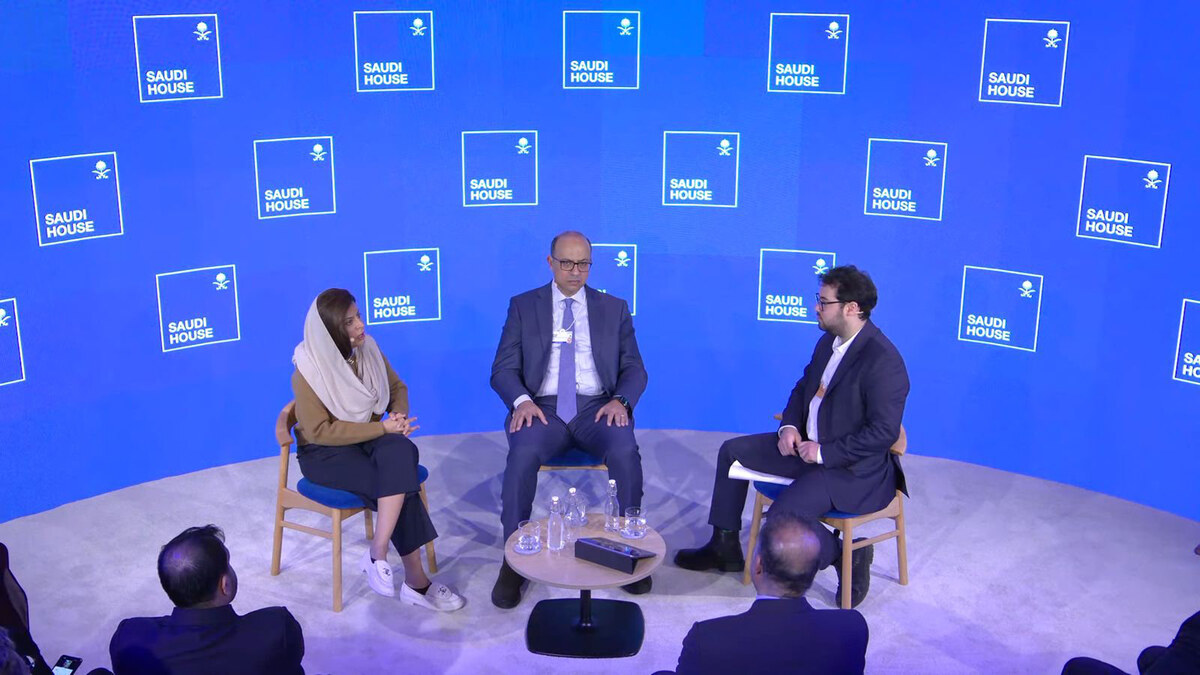NEW YORK: Saudi Arabia on Thursday called on the international community to reform multilateral cooperation frameworks to better take into account the concerns and needs of all states, including developing countries.
“We need more-influential and more-effective multilateral mechanisms … and international development that will be supported as we work toward a world that is more just and more peaceful,” said Foreign Minister Prince Faisal bin Farhan.
He was speaking on the sidelines of the 78th UN General Assembly session in New York, at a ministerial meeting to prepare for the Summit of the Future in September 2024. The UN describes the upcoming summit as a once-in-a-generation opportunity to enhance global cooperation to tackle critical challenges, address gaps in global governance, reaffirm existing commitments, including to the UN’s charter and Sustainable Development Goals, and establish a multilateral system better positioned to positively affect people’s lives.
Prince Faisal said the summit aims to help overcome the challenges that undermine global hopes for a better future, and stressed the need to reaffirm shared principles and intensify consultations to agree a mutual vision that can “improve the world for our populations.”
UN bodies need to be included in the reforms process, he added, in particular the Security Council, which “must be expanded and more representative in nature,” and that implementation of the Sustainable Development Goals through international partnerships must be high on the list of topics for discussion at the event next year.
“The Global Sustainable Development Report for 2022 noted the significant progress made by the Kingdom because we have prioritized sustainable development as a priority for the Saudi Vision 2030,” the prince told the meeting.
“The Kingdom is working tirelessly, through its membership in international organizations and blocs, to revitalize the path of development in relations between countries, to support better understanding and better cooperation.”
He said constructive relationships that rely on dialogue to resolve differences, and cooperation in establishing security and stability, offer a path toward achieving comprehensive development.
“International cooperation frameworks must be facilitating and supportive of partnership and cooperation, resistant to the pressures of competition and polarization, and discouraging any calls that spread hatred between peoples, disrespect for religions, and fuel extremism and terrorism,” said Prince Faisal.
The summit will also take into account the comprehensive nature and specificity of human rights concepts, he added, while also addressing inherent rights such as the rights to development and food, preservation of the pivotal role of the family, and reject of contempt for or belittlement of religions.
Thursday’s meeting provided an opportunity for ministers to set out their visions and priorities for the Summit of the Future, and to outline their expectations for the action-oriented outcomes that can be achieved when the heads of state and government meet next year.
The summit aims to build on a two-day Sustainable Development Goals summit that took place on Monday, and breathe new life into the multilateral system so that it can deliver on the promises of the UN Charter and the organization’s 2030 agenda for a sustainable future.
“The Summit of the Future is a unique opportunity to help rebuild trust and bring outdated multilateral institutions and frameworks into line with today’s world, based on equity and solidarity,” said UN Secretary-General Antonio Guterres.
“But it is more than an opportunity; it is an essential means of reducing risks and creating a safer and more peaceful world.”
During the summit, UN member states are expected to adopt a Pact for the Future that covers five main issues: sustainable development and related financing; international peace and security; science, technology, innovation and digital cooperation; youth and future generations; and transforming global governance.





































